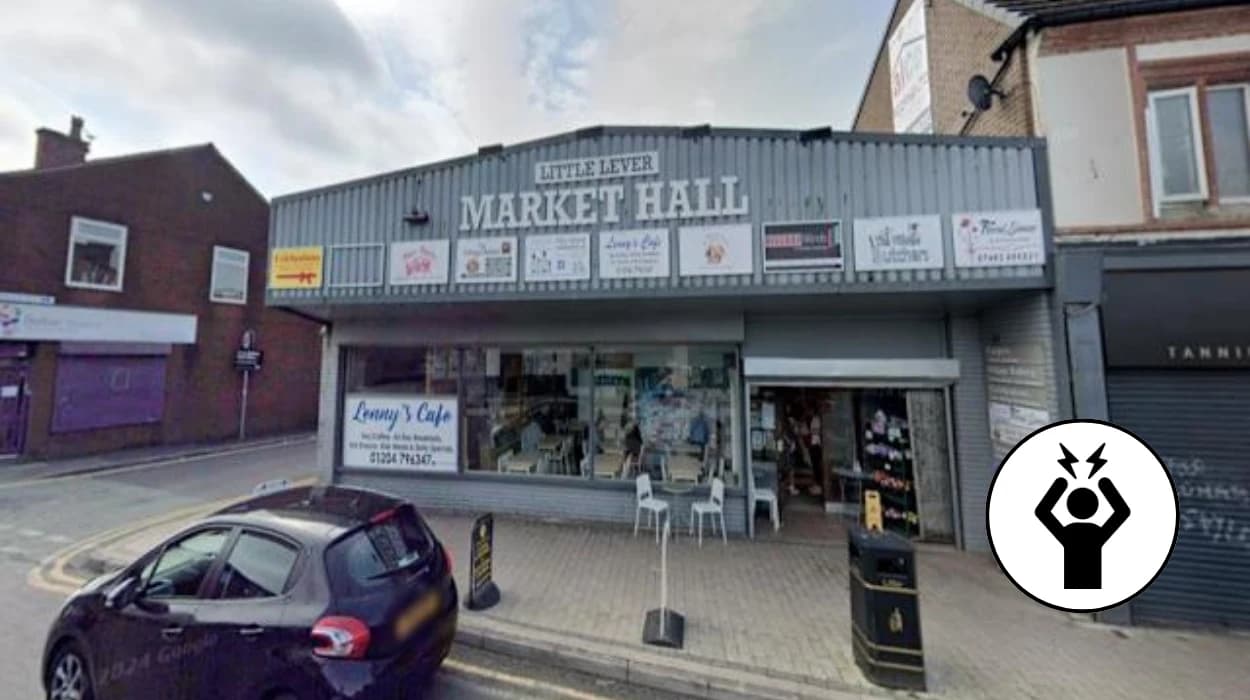Key Points:
- A significant community hub in Little Lever is slated for auction, sparking considerable apprehension among local customers and traders.
- The property's impending sale raises concerns about the future availability of essential services and community gathering spaces within the area.
- Residents and businesses fear the potential loss of the hub could negatively impact the local economy and social cohesion.
Bolton, Greater Manchester – A wave of uncertainty has swept through the tight-knit community of Little Lever as a building widely regarded as a vital 'community hub' is set to go under the hammer. The impending auction has ignited fears among both loyal customers and independent traders regarding the future of a place many consider central to their daily lives and livelihoods. The news has cast a shadow over the area, prompting discussions about the potential ramifications for local services and the very fabric of the community.
What is the significance of the building to the Little Lever community?
The structure, though its specific name or current businesses remain undisclosed, is frequently referred to by locals as a "community hub," suggesting it serves multiple purposes beyond a single commercial venture. Such a designation typically implies a location where residents congregate, access various services, and engage in social interaction. The loss of such a facility could dismantle established routines and sever important social ties that contribute to the unique character of Little Lever. For traders, it represents a potentially irreplaceable locus of customer traffic and an integral part of their commercial ecosystem. The emotional attachment to such a central point often extends beyond mere utility, embodying a sense of belonging and community identity.
How might the auction impact local traders and the economy?
The prospect of the building changing hands, and potentially its function, directly threatens the stability of local businesses operating within or around it. Local traders, whose livelihoods often depend on foot traffic generated by a central hub, could face significant disruption. The sale introduces uncertainty about rental agreements, business continuity, and the overall commercial landscape of Little Lever. Should the new owner decide to repurpose the building or increase rents, existing businesses might be forced to relocate or even close, leading to job losses and a reduction in local services. This could create a domino effect, weakening the local economy and diminishing the village's appeal as a place to live and shop.
What concerns do customers have regarding the hub's future?
For the residents of Little Lever, the potential loss of the community hub signifies more than just the closure of a building; it represents the possible disappearance of convenient access to essential goods and services, as well as valued social spaces. The disruption to daily routines could be substantial, forcing residents to travel further for necessities and losing cherished places for community interaction. The fears voiced by customers underscore a deeper concern about the erosion of local amenities that contribute to a high quality of life and a strong sense of community spirit.
What is the broader context of such community concerns in similar situations?
Such concerns are not unique to Little Lever. Communities often rally when vital local assets are at risk, demonstrating the profound connection between physical spaces and social well-being. The pattern of community apprehension when a central gathering place faces an uncertain future is a recurring theme in local news reporting. The outcome of the auction will undoubtedly be closely watched by the residents of Little Lever, eager to see if their concerns can be alleviated or if they must prepare for a significant change to their beloved community hub. The situation highlights the delicate balance between commercial transactions and the social fabric of small towns and villages across the UK.
